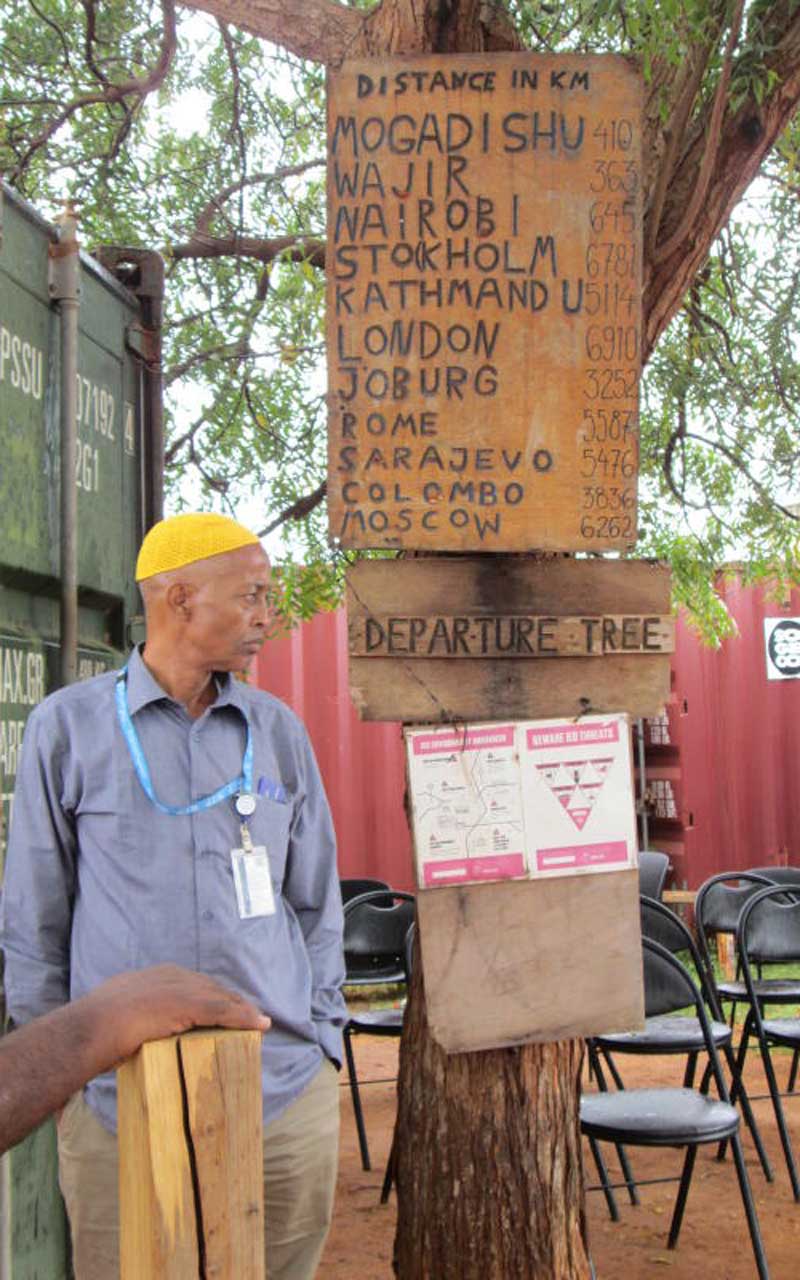×
The Standard e-Paper
Kenya’s Boldest Voice

The misty, salty air create an aura of expectation. How the body yearns for a dip, to soak up the humid heat. Socks in closed shoes feel ridiculous against the backdrop of the howling winds and the violent lapping as the waters viciously slap the beach.
The temptation to slip off the shirt and dash to the bewitching blue waters is overwhelming.